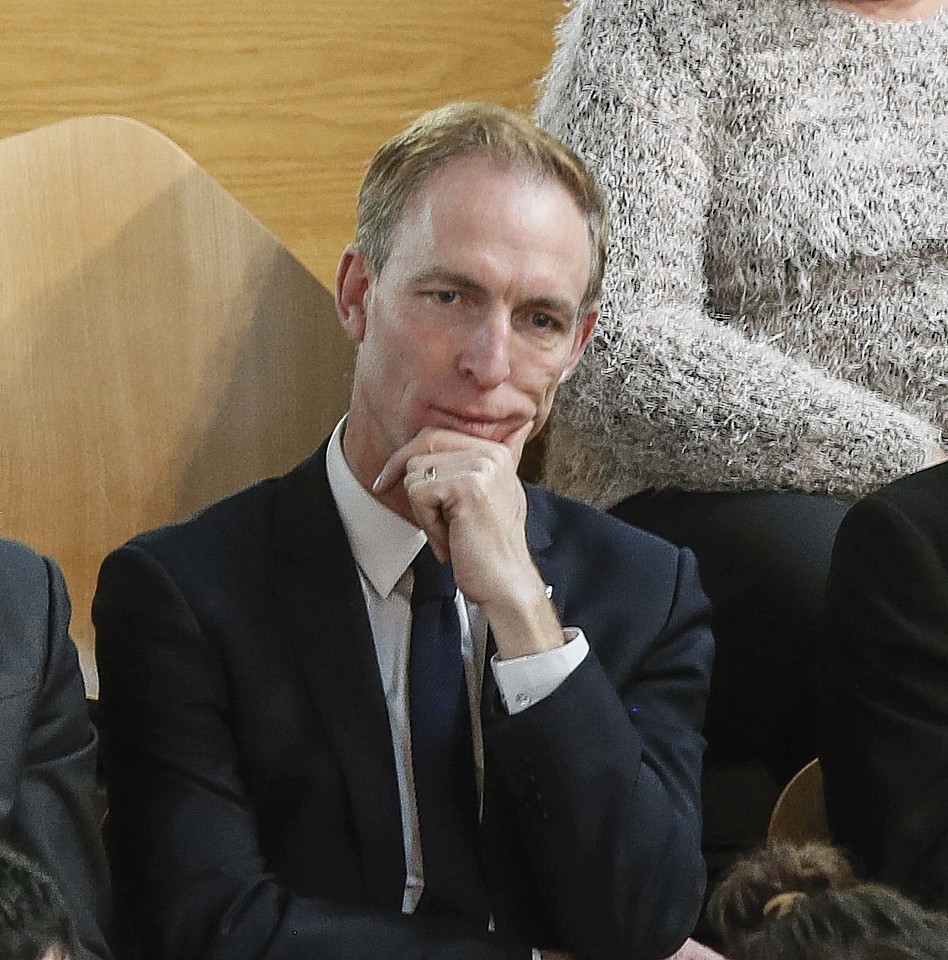Labour has suffered its worst ever general election result in Scotland after winning just one seat north of the border.
The party was all but wiped out as the SNP surged to victory across the country.
With only one MP returned – Ian Murray in Edinburgh South – Labour’s showing is worse than in 1906, its first election when it won two seats. The party, formed in 1900, increased this to three in 1910 and six in 1918.
As the extent of the collapse became apparent, Scottish Labour leader Jim Murphy faced calls to resign, while Ed Miliband said a “surge of nationalism“ had overwhelmed the party, adding he was “deeply sorry” for his colleagues north of the border.
Ian Davidson, who lost his Glasgow South West seat to Nicola Sturgeon’s party, said Mr Murphy could not now continue as leader.
“He was elected as party leader on the basis that he was an MP. Only MPs and MSPs can stand for the leadership.
“Morally, as the man who has led us to the biggest ever disaster that Labour has suffered in Scotland … of course he can’t continue.
“The process of rebuilding the Labour Party has got to start with an examination of both personnel and ideas.
“And therefore Jim has got to do the honourable thing and resign. I’m sure once he has got time to reflect, he will do that,” he told the BBC.
Mr Murphy was Labour’s biggest casualty of the night, his once safe majority in East Renfrewshire – a seat he had held for nearly 20 years – eliminated as Kirsten Oswald swept to victory with 23,564 votes to Labour’s 19,295.
Mr Murphy said it was an “enormous” moment for the SNP, but he appeared determined as he declared the fightback for Labour in Scotland would begin straight away.
After the result was declared, he added: “The Scottish Labour party has been around for more than a century. A hundred years from tonight we will still be around.”
As Labour giants fell across the country – including campaign coordinator Douglas Alexander and shadow Scottish secretary Margaret Curran – the candidate defending the slimmest majority of any Labour MP north of the border produced a small glimmer of good news.
Mr Murray, the sole survivor, denied claims he had played down his party affiliation on some of the literature.
Asked if the Labour brand had been a negative, he replied: “I don’t think it was. I had Scottish Labour emblazoned across all of my leaflets. I stood on a very strong platform of the Labour manifesto.”
Asked how Labour could rebuild, he said: “We need to get the passion back into Scottish Labour and start talking about the values that run through us like sticks of rock.”
Mr Alexander, shadow foreign secretary, was unseated by twenty-year-old student Mhairi Black in Paisley and Renfrewshire South. The SNP candidate won 23,548 votes with a massive 27% swing.
Mr Alexander, who had held the seat since 1997 and had a majority of more than 16,000, picked up 17,864 votes.
In a dismal night for Mr Miliband’s party, the SNP also captured Gordon Brown’s former constituency which had been the safest seat in Scotland.
The nationalists easily overturned a majority of more than 23,000 to take Kirkcaldy and Cowdenbeath, held by the former prime minister since it was created 10 years ago.
With the SNP landslide sweeping across Scotland, Labour candidate Kenny Selbie failed to follow in the ex-Chancellor’s footsteps.
He polled 17,654 votes, nearly 10,000 less than nationalist Roger Mullin, who picked up 27,628.
